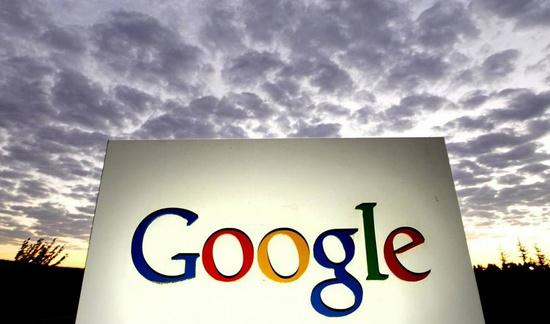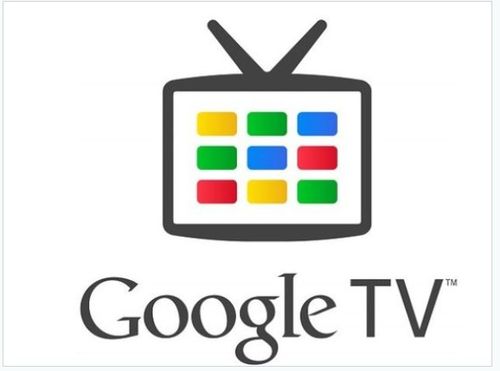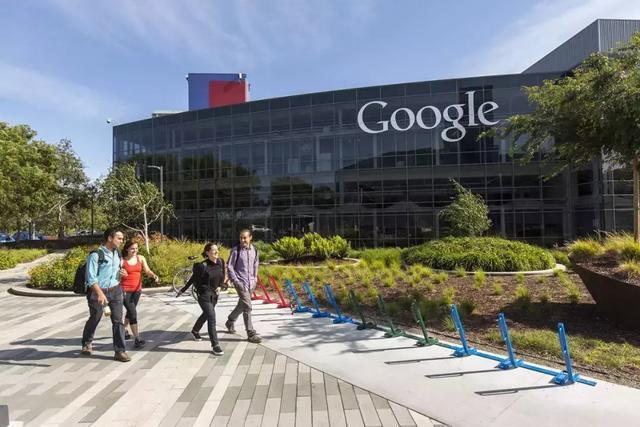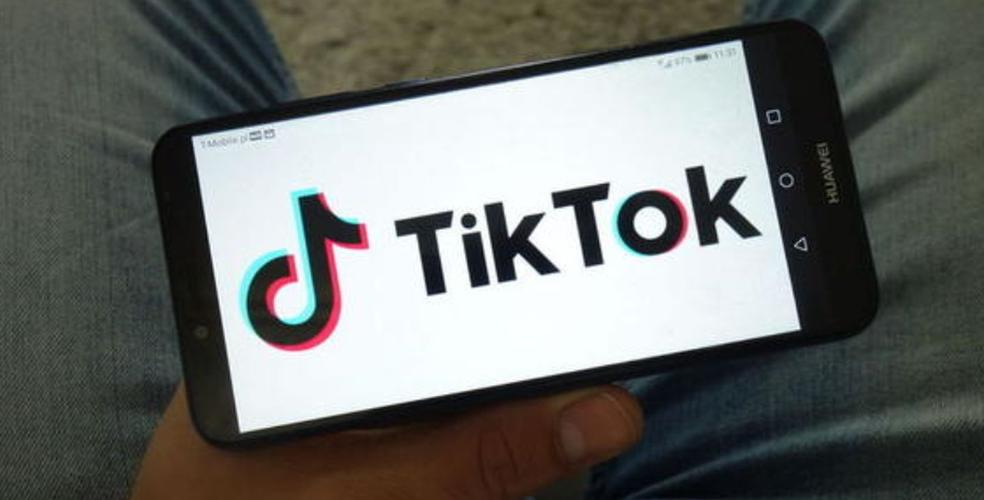Google Announces AI Breakthrough in Poetry Comprehension
(Google’s AI Model Achieves Human-Like Understanding of Poetry)
MOUNTAIN VIEW, CA – Google revealed today its latest artificial intelligence model now interprets poetry with unprecedented human-like skill. This advancement represents a major leap for machine understanding of creative writing. The new system deciphers complex poetic elements like rhythm, metaphors, and cultural references. It grasps underlying emotions and layered meanings in verses.
Previously, AI often missed the subtlety and depth inherent in poetry. Google’s researchers tackled this challenge. They trained their model on a huge collection of poems from many eras and styles. The training included detailed analysis by human experts. This extensive data helped the AI learn nuanced interpretation.
The AI processes a poem’s structure, word choices, and historical context. It identifies patterns and connections a typical reader would notice. Tests show the AI provides explanations matching human understanding closely. Its interpretations are coherent and insightful.
“This is significant,” stated Dr. Elena Rodriguez, Lead Researcher at Google AI. “Our model doesn’t just scan words. It genuinely connects with the artistic expression. It understands sadness in a sonnet or the irony in a haiku. This mirrors human reading comprehension.”
Independent experts confirm the progress. Professor David Chen, Literature Professor at Stanford University, reviewed the results. “The AI’s analyses are surprisingly perceptive. It catches symbolism and thematic depth consistently. This level of sophistication was unimaginable a few years ago,” Professor Chen noted.
(Google’s AI Model Achieves Human-Like Understanding of Poetry)
Google sees broad applications for this technology. It could power advanced educational tools helping students analyze poetry. It might assist scholars in research. The technology could also enhance creative writing aids. Google plans further development. The team aims to refine the model’s understanding of highly abstract or experimental poetry. They believe this research pushes the boundaries of AI’s interaction with human creativity. This development opens new possibilities for AI in the arts and humanities.





